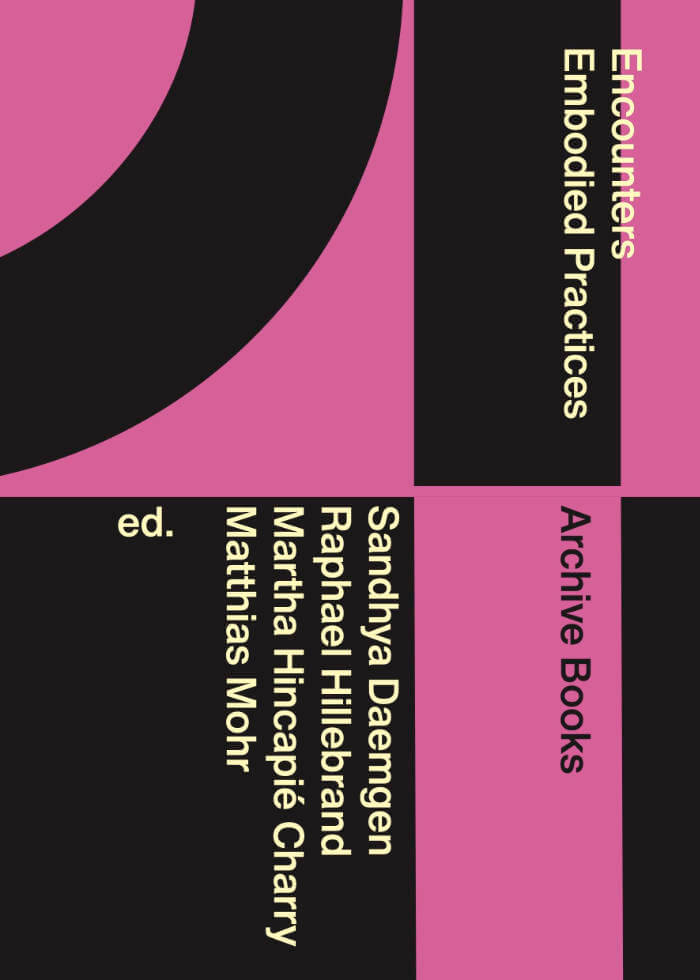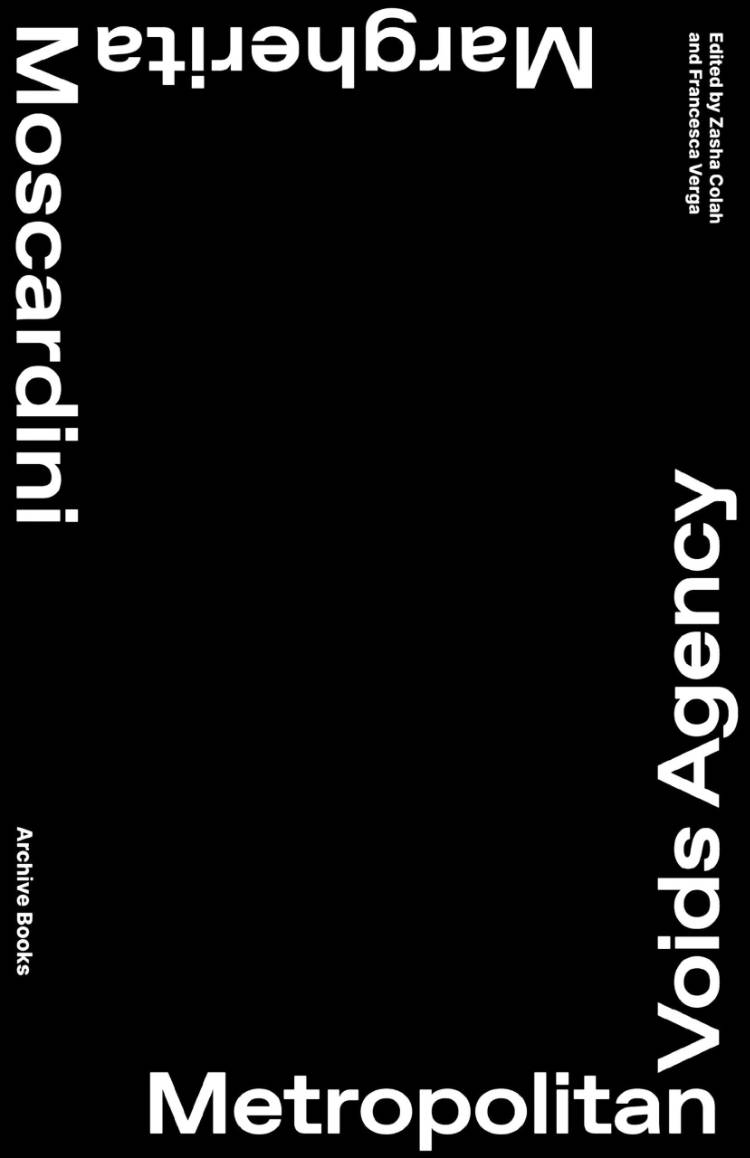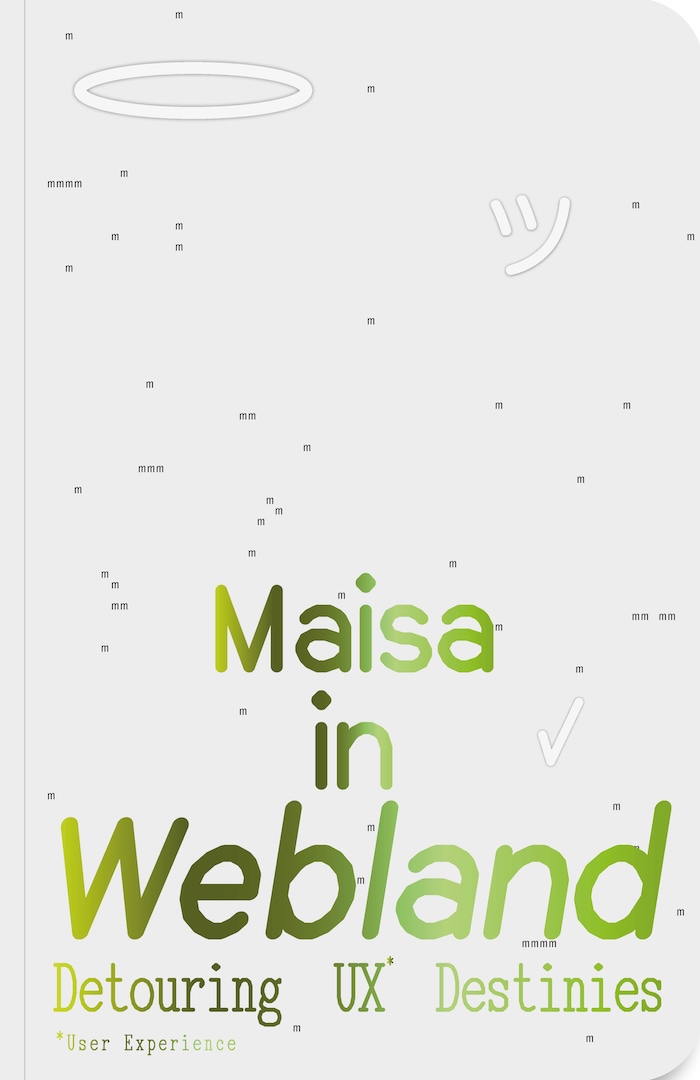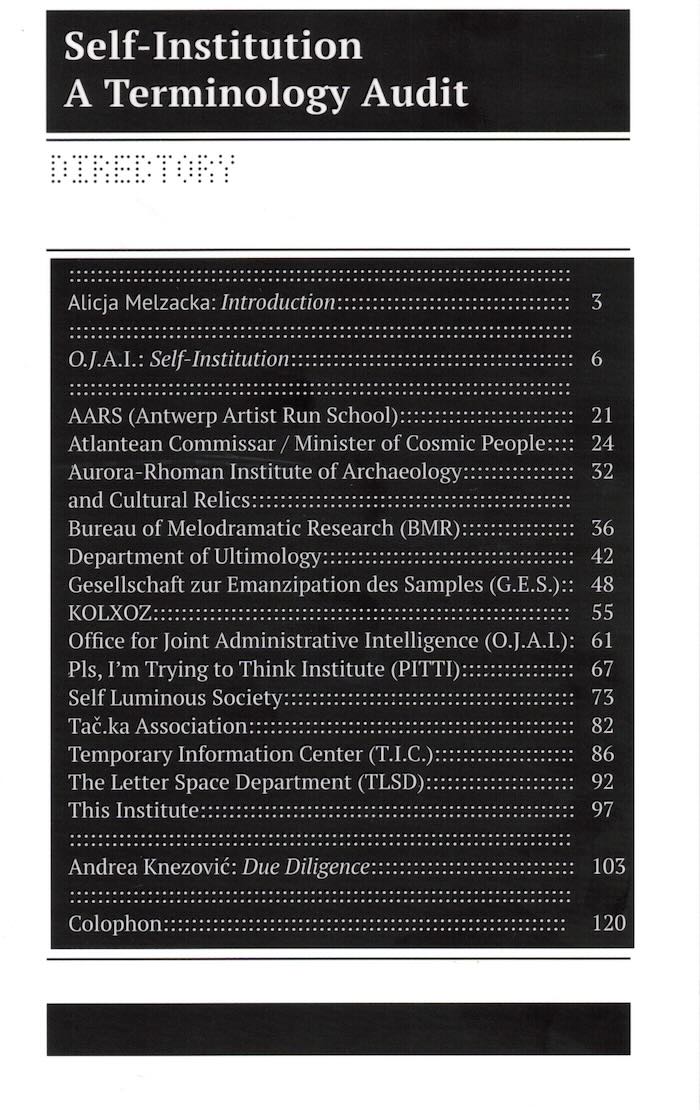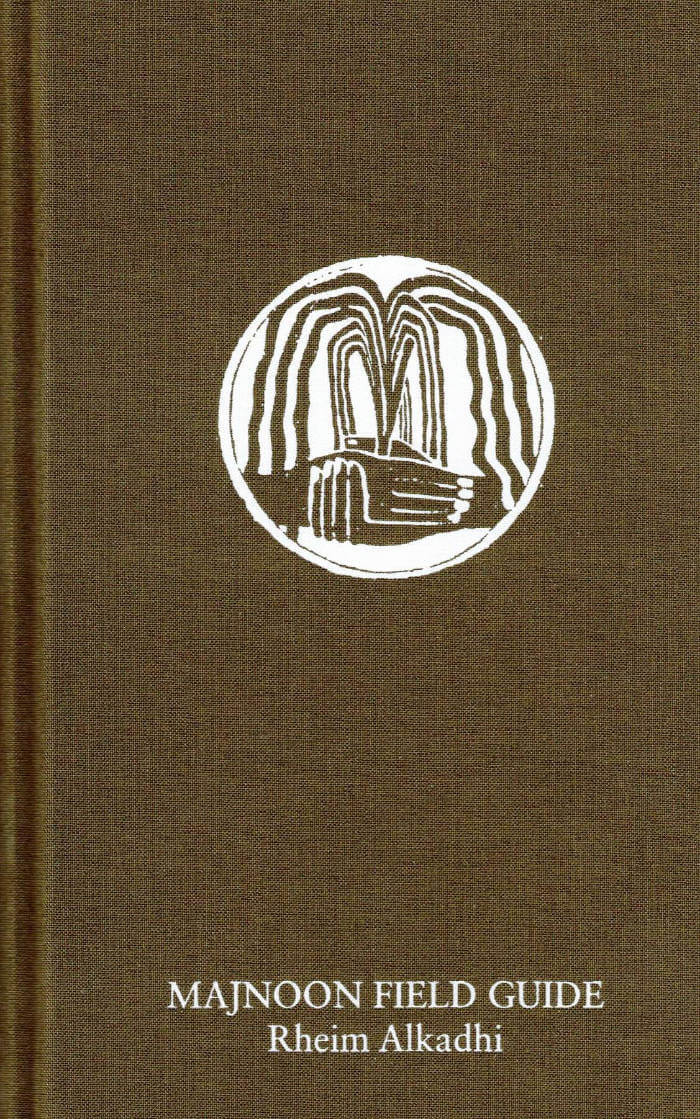
Majnoon Field Guide
I went to the field; I became many.
Majnoon is an oil field in the global south. Majnoon is also the violence, and the state of mind that survives the violence. How can this be a field guide in any customary sense? Latitudes have been taken. Words are written in disrupted or troubled syntax. Rather, this book proceeds alongside a search for what many call emancipatory practice; to been acted in the field, where we feel most alive. The volume is divided into five parts, preceded by maps and legends. First in the sequence is a colour-coded soil map,“Majnoon and Hir Environs”, adapted from material originally published in 1960 by the Iraqi Ministry of Agriculture. It was the product—relic, really—of a brief era that saw fields and farmlands redistributed among labourers and peasants. Since then, the map has changed with the shifting substance of our earthly constitution; it pivots on the example of Majnoon. Any map is appended by its legends, and I rewrite them from the perspective of dismantling. A longish colour key unfolds with the likeness of a poem pursuing return, inspite of scorch and ruin. It should be mentioned that ‘hir’ recurs multiple times throughout the book as gender-nonconforming pronoun—suggestive, ambiguous, and, in my opinion, sufficiently sound for the moment. It is essential to keep needling the problem of language.
A second, simpler map charts water flow as casualty of upstream accumulation. Dams are borders, after all, and we are lousy with them; downstream is sentenced to the whims of an architecture whose gates are mostly closed. On the map, a symbol resembling a small, numbered page locates Majnoon as point of interest. A subsequent diagram also contains this motif—not for navigation through the field, butt hrough the book itself.
Language: English
